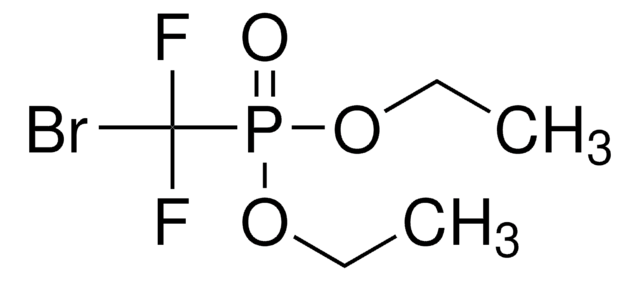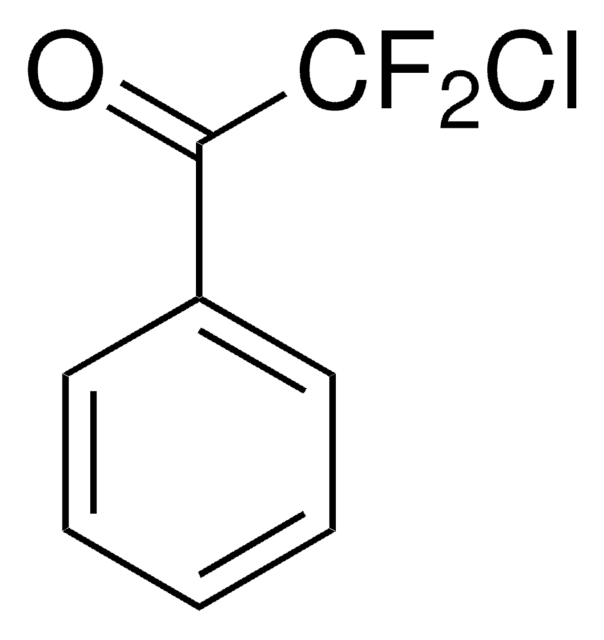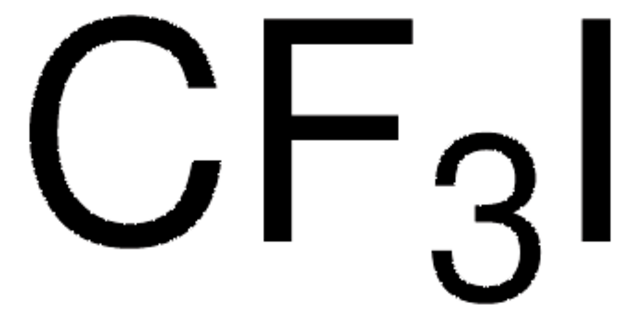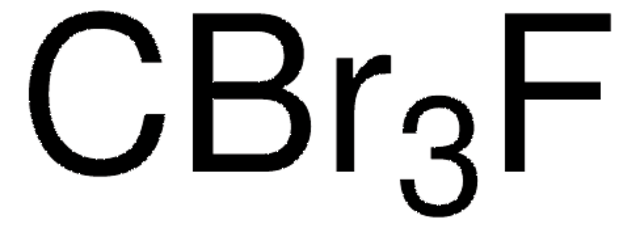915807
Difluoromethyltriphenylphosphonium bromide
≥95.0%
About This Item
Recommended Products
Assay
≥95.0%
form
solid
storage temp.
2-8°C
InChI
1S/C19H16F2P.BrH/c20-19(21)22(16-10-4-1-5-11-16,17-12-6-2-7-13-17)18-14-8-3-9-15-18;/h1-15,19H;1H/q+1;/p-1
InChI key
WNPMJTVOWUTTSY-UHFFFAOYSA-M
Application
Product can be used with our line of photoreactors: Including Penn PhD (Z744035) & SynLED 2.0 (Z744080)
related product
Signal Word
Danger
Hazard Statements
Precautionary Statements
Hazard Classifications
Acute Tox. 3 Oral - Acute Tox. 4 Dermal - Aquatic Chronic 2 - Eye Dam. 1 - Skin Irrit. 2
Storage Class Code
6.1C - Combustible acute toxic Cat.3 / toxic compounds or compounds which causing chronic effects
WGK
WGK 3
Certificates of Analysis (COA)
Search for Certificates of Analysis (COA) by entering the products Lot/Batch Number. Lot and Batch Numbers can be found on a product’s label following the words ‘Lot’ or ‘Batch’.
Already Own This Product?
Find documentation for the products that you have recently purchased in the Document Library.
Our team of scientists has experience in all areas of research including Life Science, Material Science, Chemical Synthesis, Chromatography, Analytical and many others.
Contact Technical Service











